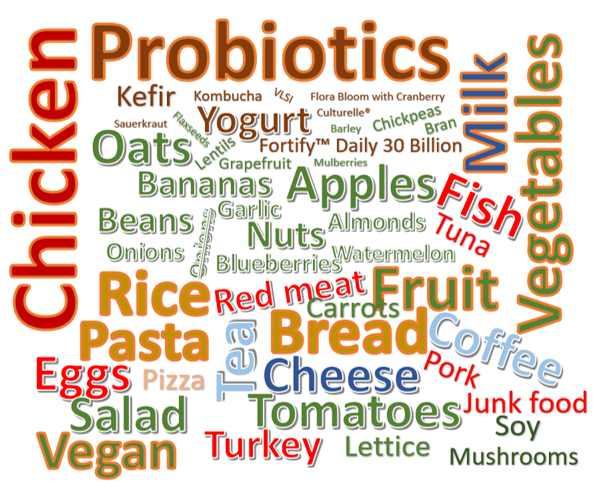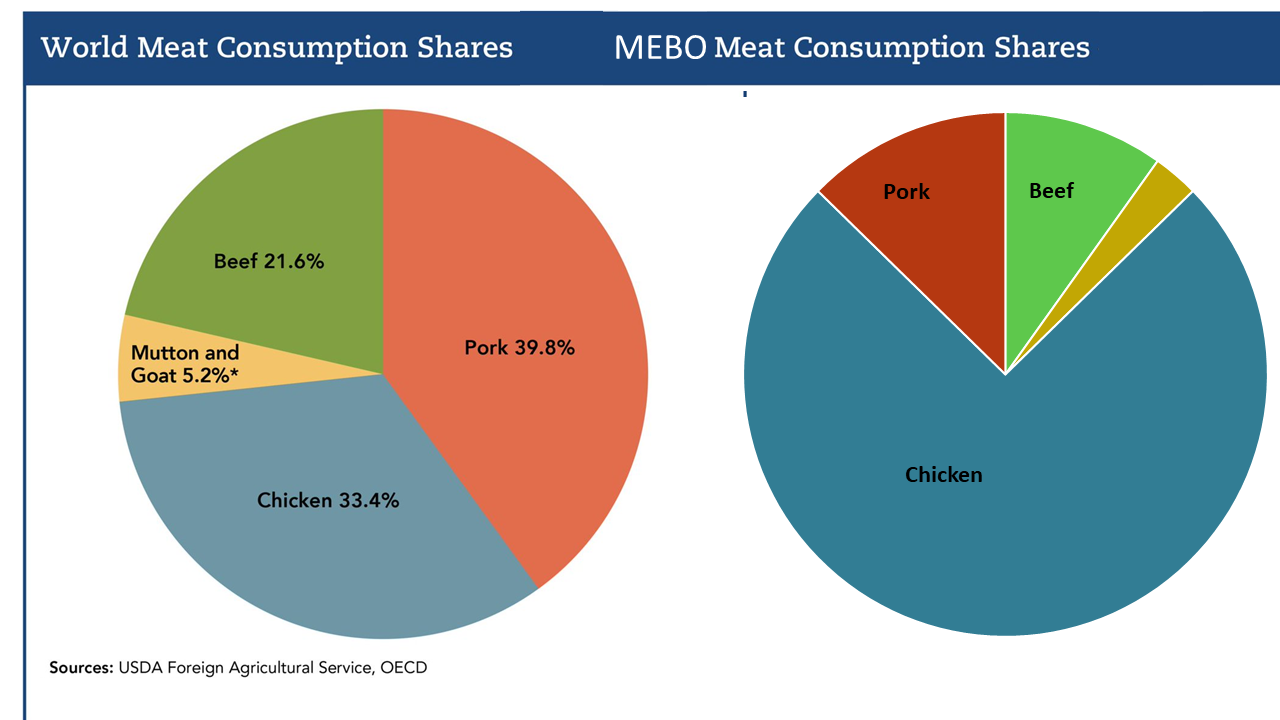As we are gearing up for final stage of our clinical study
NCT03582826, we are looking at different subgroups of our participants, to find more precise, personalized and powerful solutions for everyone.
 We know that genes and environment always combine to make us who we are. We already talked about some of those seemingly less important genes - such as ABO blood group - that could contribute. The environmental factors include diet, exercise, social environments (such as social support), varying conditions and situations.
We know that genes and environment always combine to make us who we are. We already talked about some of those seemingly less important genes - such as ABO blood group - that could contribute. The environmental factors include diet, exercise, social environments (such as social support), varying conditions and situations. According to descriptions of diets and lifestyle submitted by our participants, about 25% of them are taking commercial probiotic products, about the same number as those who have chicken as the main staple of their kitchen (see word cloud depiction of diet keywords on the right). About 2% take commercial prebiotics, but many more eat prebiotic foods (such as oats/oatmeal, bananas, apples and nuts shown in green). 4% eats onions and about the same percentage actively avoids it. Milk, Rice, Bread and Pasta were among the most popular foods, after chicken.

The world is eating less meat overall, and a few years ago, among the meat eaters, the scale tipped from greater consumption of beef to greater consumption of chicken.
This is even more pronounced in MEBO population.
Half of MEBO population takes vitamins and supplements. The most popular among them is Zinc closely followed by Magnesium and Digestive Enzymes. Also popular are multivitamins, Calcium, Resveratol, Vitamin B12, Charcoal, Chlorophyll, Ashwagandha, Biotin, Primrose oil, Omega 3 and Livercare. Blood pressure drugs are among the most used medications.
This information will be useful in understanding differences in microbiomes of subjects with similar symptoms. We might already be observing interesting trends. Certain supplements, for example, seem to benefit some blood group more than others. Same about foods naturally rich in certain minerals and vitamins.
We'll talk about this next time.
This information will be useful in understanding differences in microbiomes of subjects with similar symptoms. We might already be observing interesting trends. Certain supplements, for example, seem to benefit some blood group more than others. Same about foods naturally rich in certain minerals and vitamins.
We'll talk about this next time.
Update on Clinical trial NCT03582826: Microbial Basis of Systemic Malodor and PATM Conditions
Recruited: 110 participants, Distributed 330 kits, Received IDs for 141 kits
Completed study: 40 participants
Submitted 2 samples: 6
Submitted 1 sample: 9
Answered questionnaire, received kits, but did not submit/share kit numbers: 7
Did not return samples nor answered QoL questionnaire: 48 participants
Status of data analysis: received 145 datasets from uBiome, including donated samples.